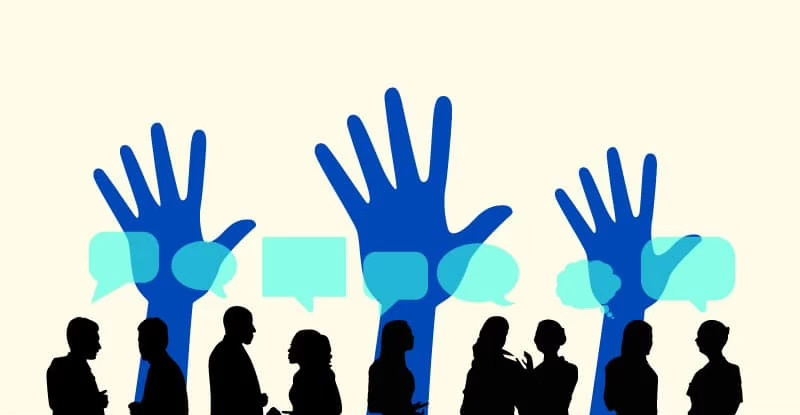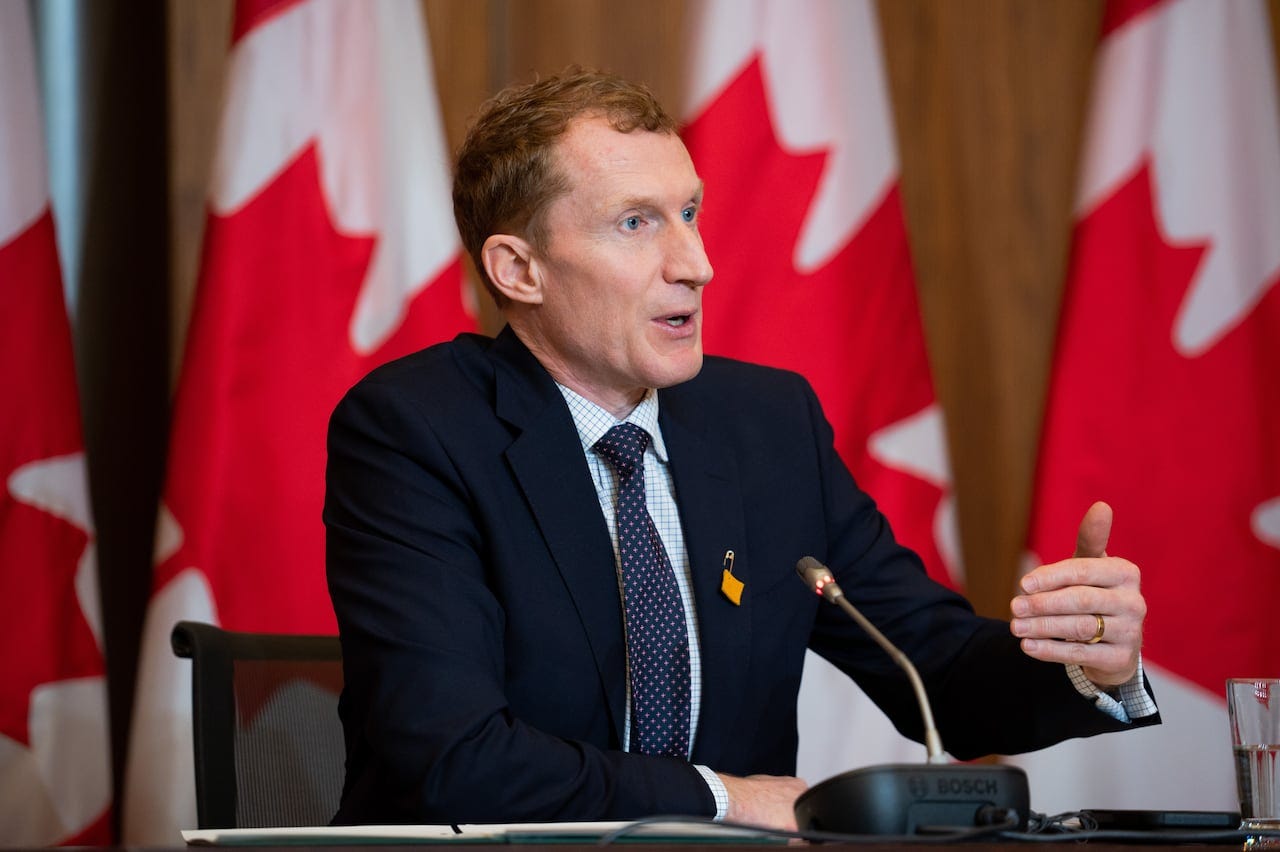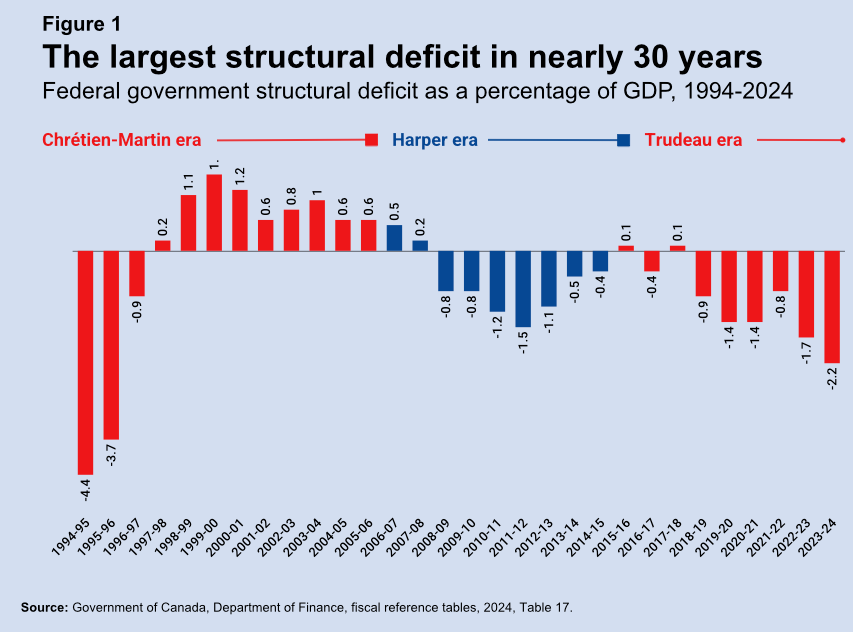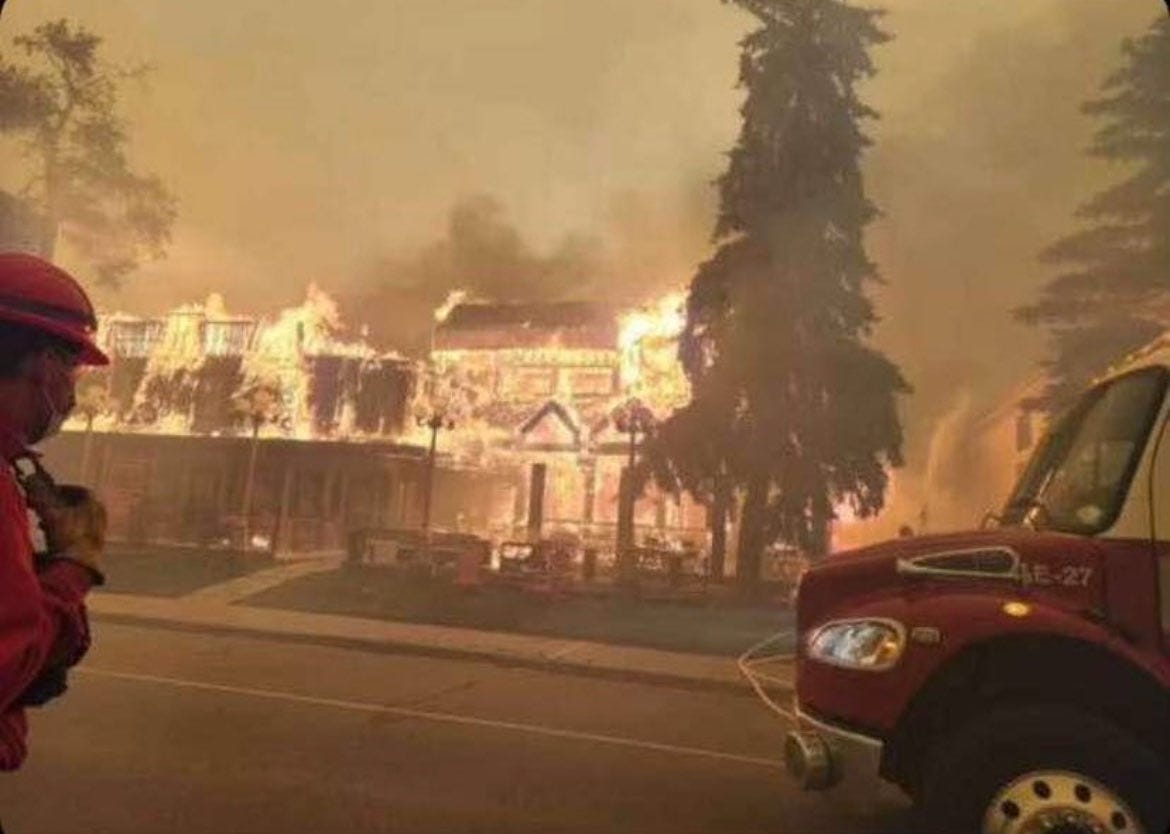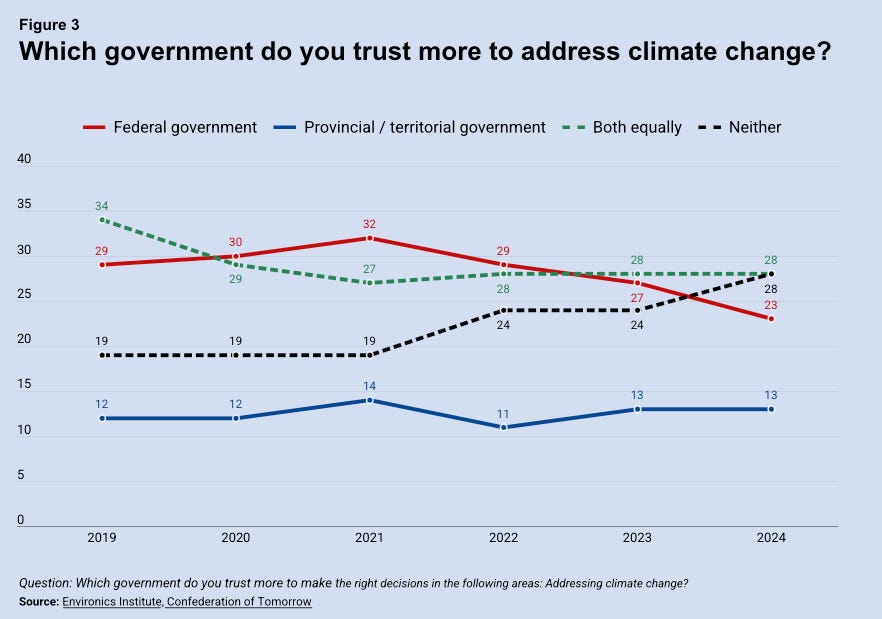4 Polling Trends You Should Be Watching in 2025
Last year showed how powerful public opinion is to shaping government policy and politics. Here are four polling trends you should be watching in 2025.
In many ways, 2024 was the Year of the Pollster.
From immigration to affordability to trust in politicians, pollsters across the country aimed to read the mood of Canadians by asking probing questions on these key themes.
Sudden policy announcements, such as a rapid cut in international student numbers, showed just how sensitive the federal government has been to public opinion on key issues.
Here are four trends you should be watching in 2025.
1. Immigration
Over the past decade, both provincial and federal governments have heavily pushed to boost immigration numbers. You might recall in 2022 former Federal Immigration Minister Sean Fraser’s call on international students “to help address Canada’s labour shortage” — effectively freezing off-campus work limits so that international students could bail out Canada’s economy. Or in 2022 when the Alberta government promoted its Alberta Advantage Immigration Strategy, placing immigrants as the key to “grow and diversify the economy and create jobs for Albertans”.
However, 2023 saw a sudden 18 point surge in Canadians agreeing that “overall, there is too much immigration in Canada”. This sentiment surged 14 percentage points the following year, to 58%, especially as Canadians became increasingly concerned over the growth in population and the increasing strain on essential services and infrastructure, like affordable housing.
As I’ve covered previously here, the federal government has recently announced a series of restrictive immigration policies in their 2025-2027 Immigration Levels Plan — including significant cuts in study permits, permanent residents, and provincial nominations.
Concerns over immigration have even spilled into Canadian/American relations, with many Premiers, such as Smith and Legault, echoing the U.S. President-elect’s baseless claim that the borders are broken, and that immigration is out of control.
As politicians continue to use the immigration issue as a tool for political gain, Canadians will be thinking most of how this issue could impact their daily lives.
You’ll remember the media whipping up stories — including the CBC’s inflammatory article ostensibly blaming the housing crisis on immigrants — and this helped fuel public anxiety about immigration. (Note that this claim has been thoroughly studied, with recent research showing that immigrants are not to blame).
There’s no doubt that public opinion on immigration has had a significant impact on policy-making and government decisions in Canada. You’ll note that it wasn’t that long ago that Alberta Premier Smith was pushing the feds to increase their immigration numbers, only to pivot a few months later to claim that the more immigration is “reckless and irresponsible”.
So definitely keep your eye on public opinion over immigration.
2. The Economy and Concerns over Affordability
Canadians’ opinions on affordability will continue to impact policy-making well into 2025. When asked whether those Canadians (aged 18-29) felt financially better or worse off than their parents were (at their age), more than half (54%) agreed they were worse off.
Public opinion concerns over affordability have even rippled out into politics, including growing concerns over budget deficits and government spending. Luc Godbout’s fantastic deep dive into Trudeau’s fiscal legacy shows this point perfectly — concerns over excessive government spending resonate with Canadians.
This has never been better illustrated than in former Deputy PM and Finance Minister Chrystia Freeland’s bombshell resignation letter — which accused the government of excessive spending on “costly political gimmicks, which we can ill afford, and which make Canadians doubt that we recognize the gravity of the moment.”
Affordability concerns have only intensified in the wake of Trump’s 25% tariff threat on all imported Canadian goods.
So don’t expect this issue — or people’s focus on it — to be disappearing anytime soon.
3. Climate Change and Carbon Pricing
All week, we’ve watched images and videos of Los Angeles burning. And who can forget watching videos of Jasper burned to the ground or witnessing the scale of wildfire destruction across Canada in 2024. Climate change is a growing reality and concern for Canadians year-on-year.
On the flip side, much of the political conversation around climate change has been focused on carbon pricing. You can hardly go anywhere without hearing Poilievre ad campaigns promising to “ax the tax”. In fact, much of the recent contention between provinces and the feds lately has been surrounding the so-called “carbon tax”, which featured heavily in all four recent provincial elections held in B.C., Saskatchewan, Nova Scotia, and New Brunswick.
In terms of public opinion on how to address climate change, Canadians place low trust in levels of government. Overall trust in the federal government has dropped significantly (down 9 percentage points since 2021), and very few Canadians (13%) trust their provincial government to effectively combat this existential challenge.
On a more positive note, there are worthwhile conversations being had, including Martin Bush’s latest thoughts on our next moves post-carbon tax. Polls show that Canadians are highly concerned about climate change, so expect the conversation surrounding carbon pricing and the environment to be on Canadians’ minds throughout 2025.
4. America — Our Volatile Neighbour to the South
Canadians are once again questioning the “special relationship” that Canada and the U.S. has historically shared. In recent years, our largest trading partner and closest ally has become increasingly polarized and volatile, perhaps peaking with the latest 25% tariff threat on Canadian goods by the incoming American president-elect. Right now Canadian public opinion on America has hit an all-time low, with less than 1 in 3 Canadians (29%) expressing they are favourable towards the U.S.
There’s no doubt about it: the question of what will happen once Trump takes office will dominate Canadians’ thoughts, and you can expect public pressure to continue to build on both provincial and federal governments to act in order to protect Canadians and their livelihoods.
What to Expect for 2025: Better Buckle Up
All that to say: we’re angling for a very uncertain, highly volatile, and unpredictable year ahead. Public opinion polls from Abacus Data, Nanos, and Angus Reid, all help to give us snapshots into the minds of Canadians. It will remain crucial for stakeholders and policymakers to keep public opinion in mind, as it continues to shape policy and politics in 2025.





